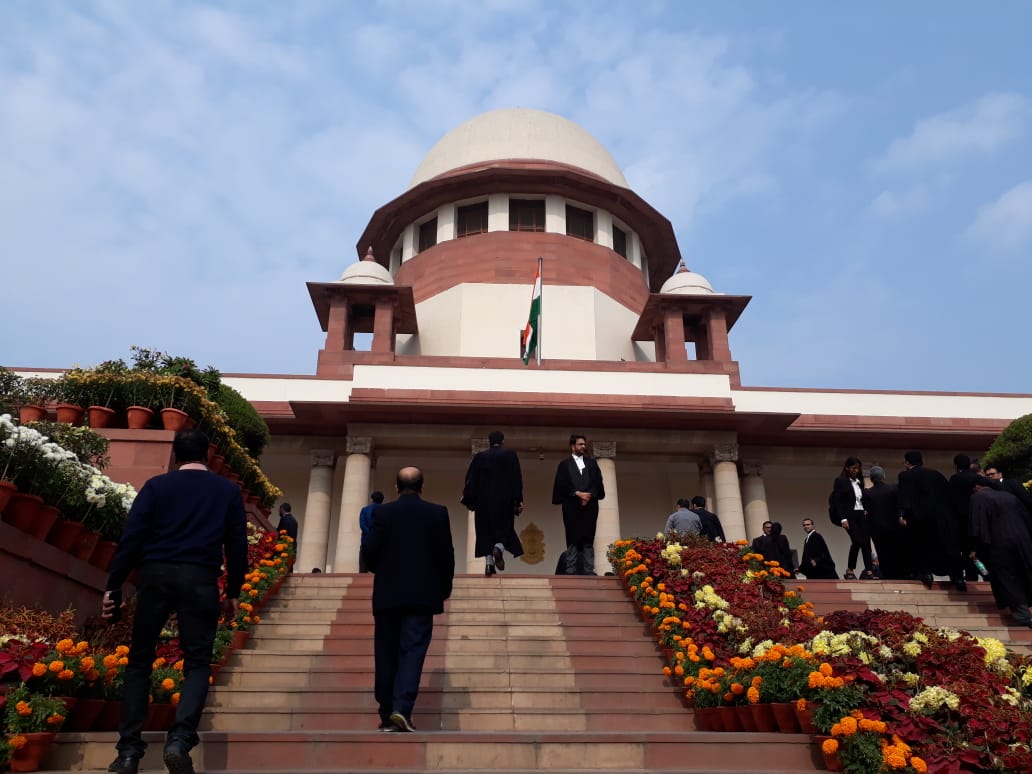


The Supreme Court has directed Google India to explain how its PIN location-sharing feature on Google Maps works, to examine whether it would violate the right to privacy when an accused person is made to share such details as a condition for bail [Frank Vitus vs Narcotics Control Bureau and ors].A bench of Justices Abhay S Oka and Ujjal Bhuyan has asked the technology company to respond by April 8, when the matter would be heard next.The Court also clarified that it is not impleading Google India as a party to the case, but only seeking information from the company regarding the working of Google PINs."The said company shall file an affidavit along with the necessary documents explaining the working of google PIN in the context of putting a condition in the order granting bail. The issue is whether such condition infringes right to privacy. We make it clear that we are not impleading Google India Private Limited as a party respondent," the bench stated.The top court was dealing with an appeal against certain conditions imposed by the Delhi High Court while granting interim bail to a Nigerian national, Frank Vitus, who was an accused in a drugs case.As a condition for the grant of bail, the High Court in 2022 had ordered the accused man and a co-accused to drop a PIN on Google Maps to ensure that their location was available to the Investigation Officer of the case.The accused were also asked by the Delhi High Court to get an assurance from the High Commission of Nigeria that the accused would not leave India and would appear before the trial court.These conditions were challenged by Frank Vitus before the top court.The Supreme Court on Friday expressed disapproval over the imposition of such stringent bail conditions.
"Prima facie, we are of the view that such onerous condition cannot be put as no Embassy will be in a position to give such assurance. Therefore, we direct that the petitioner shall be released on interim bail on the terms and conditions incorporated in the impugned order except for the condition regarding dropping a PIN on the google map and obtaining assurance from the High Commission of Nigeria," the Court ordered.
The Supreme Court, thus, granted interim bail to the accused, but reduced the bail surety amount from ₹2 lakhs to ₹50,000.
Senior Advocate Vinay Navare is the Amicus Curiae in the matter.
Advocate Varun Mishra appeared for the Nigerian national, and Additional Solicitor General Vikramjit Banerjee appeared for the Narcotics Control Bureau.
On a related note, another bench led by Justice Oka had in July last year taken strong objection to a bail condition requiring an accused in a money-laundering case to constantly send the police the details of his location by sharing Google pins. The bench had orally observed that the same may amount to surveillance.
TAGS: Supreme Court Google India PIN location-sharing feature Google Maps right to privacy Frank Vitus Narcotics Control Bureau